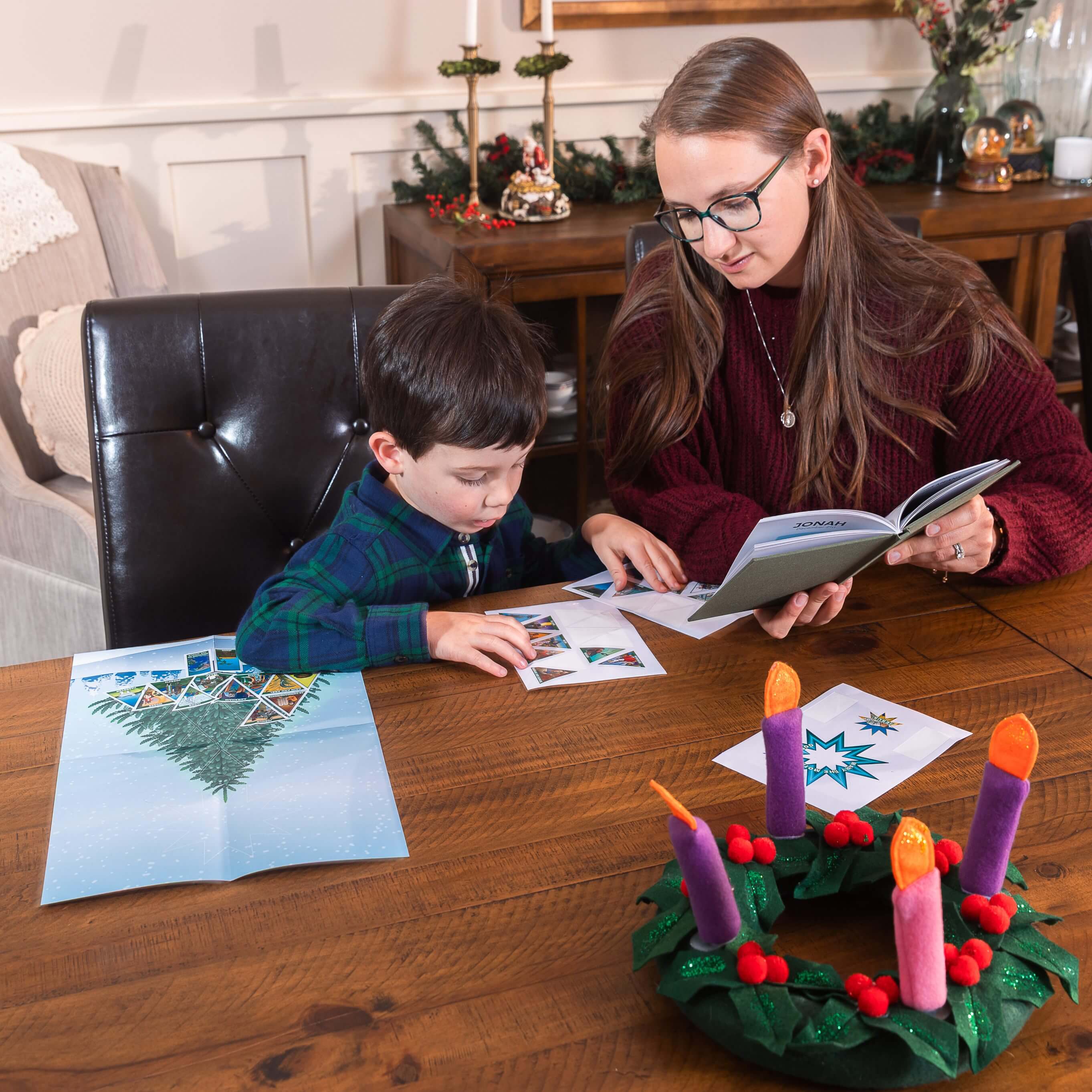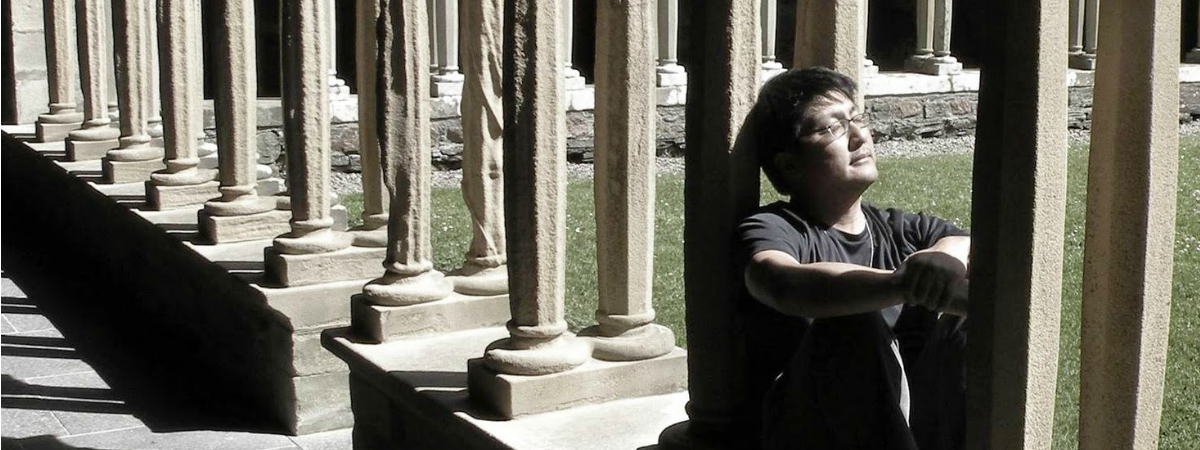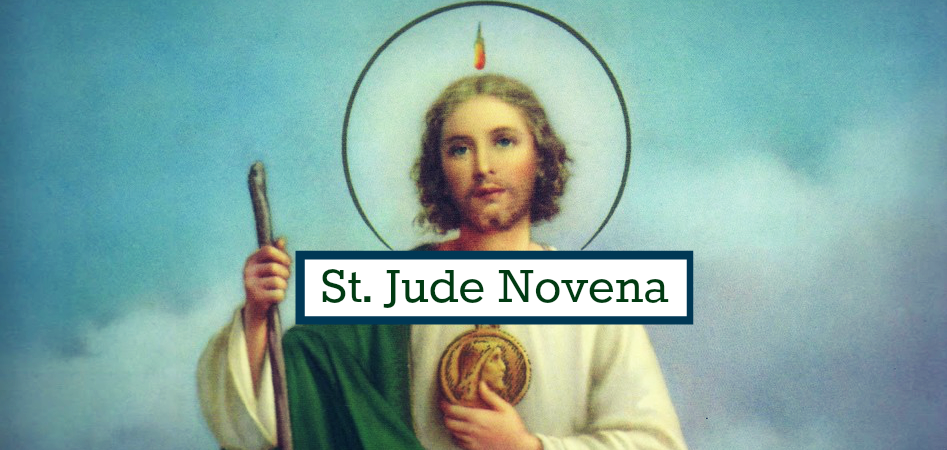Mindfulness is a popular word these days. It has been the subject of blog posts, podcasts, and conferences. There are courses offered on mindfulness. Mindfulness even made the cover of Time Magazine recently.
What is mindfulness?
Webster's definition of mindfulness is "the quality or state of being conscious or aware of something" or "a mental state achieved by focusing one's awareness on the present moment, while calmly acknowledging and accepting one's feelings, thoughts, and bodily sensations, used as a therapeutic technique."

While it is enjoying a new resurgence in popularity, mindfulness is not a new concept. In fact, it has been around for a long time.
We often think of eastern religions such as Buddhism and Hinduism when we think of mindfulness. However, most spiritual traditions and religions have practices for contemplation and silence, including Judaism and Christianity. We could say the very act of prayer is in itself an act of mindfulness, bringing our mind back to our Creator.
Should Catholics practice mindfulness?
According to the Congregation of the Doctrine of the Faith, therapeutic "mindfulness" should not dismissed outright:
The majority of the great religions which have sought union with God in prayer have also pointed out ways to achieve it. Just as 'the Catholic Church rejects nothing of what is true and holy in these religions,' neither should these ways be rejected out of hand simply because they are not Christian. On the contrary, one can take from them what is useful so long as the Christian conception of prayer, its logic and requirements are never obscured. It is within the context of all of this that these bits and pieces should be taken up and expressed anew.
Over at his blog "Faith on the Couch", Gregory Popcak writes:
Some Catholics who are aware of mindfulness as a psychological technique have concerns about it because most psychological writing on mindfulness draws from a more Buddhist tradition. This, however, is more by accident than by necessity. Buddhism is attractive to secular psychologists because it is an a-theistic religion; that is to say, the belief in God is optional for Buddhists, who are chiefly concerned with personal enlightenment. Be that as it may, while Christians are right to be cautious about any approaches drawn exclusively from Eastern mystical traditions, Catholics have been practicing our own form of mindfulness for 2000 years, only we call it, 'active contemplation.'
Popcak goes on to say that in general, “contemplation” is a kind of Christian prayer that helps us achieve greater intimacy with God, to achieve greater awareness of what God is saying to us, and to achieve a greater clarity of how God wants us to respond.
More specifically, “active contemplation” is the ability to use the mundane tasks of everyday life to this end.
While mindfulness is not a bad thing, God-full-ness is better.
Here are eight ways to turn our mindful moments into moments to focus on God:
1. Become aware of present moments...then offer them to God.
The idea of being in the present moment, which is the centerpiece of the mindfulness movement, is not a bad thing. However, if it does not result in coming closer to God, and only leaves us more present to ourselves, then it has no greater purpose than getting us in touch with "our selves."
I discovered the following explanation on the blog Women of Grace:
...we Catholics have our own method of living in the present moment which is explained by the late great spiritual director, Father Jean-Pierre de Caussade in the book, The Sacrament of the Present Moment. [Now titled Abandonment to Divine Providence] This practice involves the realization that every event in our lives, from the most ordinary to the most spectacular, are all manifestations of God’s will for us. It teaches us to experience every moment – such as this very moment as you read these words – as a holy sacrament because God is at work in it. As we acquire this holy practice, God becomes much more real to us, much more a part of our lives, and a true Companion on our journey.
2. Make time for a daily retreat.
When we make time for a daily retreat, we are deliberately setting side a few moments every day to think about the past few hours—or the next few.
By deliberately turning to prayer, whether first thing in the morning, at noon, or before bed (or whenever you determine is the best time) and giving those moments to contemplation, we can do small "examinations" and think about how we can draw closer to God.
In a document from the Congregation for the Doctrine of the Faith (Letters to the Bishops of the Catholic Church On Some Aspects of Christian Meditation) you can read the following about making time to "retreat" with Our Lord:
Without doubt, a Christian needs certain periods of retreat into solitude to be recollected and, in God's presence, rediscover his path. Nevertheless, given his character as a creature, and as a creature who knows that only in grace is he secure, his method of getting closer to God is not based on any technique in the strict sense of the word. That would contradict the spirit of childhood called for by the Gospel. Genuine Christian mysticism has nothing to do with technique: it is always a gift of God, and the one who benefits from it knows himself to be unworthy.
As mentioned above, no formal technique is needed for a daily spiritual retreat.
An article in Fast Company, called How the Pope Does Mindfulness, revealed how company executive Drake Baer practices mindfulness as inspired by the Ignatius method. Saint Ignatius of Loyola had a twice-daily mindfulness practice called the examen, which is, as the name suggests, a quick examination of your conscience, etc. Here's how Drake Baer suggests practicing daily "mindfulness":
- First, remind yourself why you are grateful as a human being.
- Second, lift your horizon for a moment. Call to mind some crucial personal objective, or your deepest sense of purpose, or the values you stand for.
- Third, mentally review the last few hours and extract some insight that might help in the next few hours. If you were agitated, what was going on inside you? If you were distracted and unproductive, why?
We can use this executive's short method and turn it into a spiritual practice by asking God to help us to recognize His Will in the daily moments of our life.
3. Make time for a yearly retreat.
This might be a little harder and require more effort, time, and perhaps even money. However, a spiritual retreat is a wonderful way to recharge the mind, body, and spirit, and to redirect ourselves toward God.
Silent retreats are wonderful sources of "mindful contemplation." Check your local parish bulletin for retreats in your area. If you are able and willing to travel, you might want to do some online research to find a good retreat. Some monasteries provide beautiful retreats for laypeople.
4. Say an Act of Faith.
Our lives are busy. We are pulled in many directions.
One of the simplest ways to practice a mindful recollection that brings our thoughts back to God (we can do this whenever or wherever we are) is to simply recite an Act of Faith. Tell God that you believe He is the King of the Universe, and give Him the present moment by saying a mental prayer such as this:
Act of Faith
O my God,
I firmly believe that you are one God
in three divine Persons,
Father, Son, and Holy Spirit.
I believe that your divine son became man,
died for our sins,
and that he will come to judge the living and the dead.
I believe these and all the truths
which the holy Catholic Church teaches,
because you have revealed them,
who can neither deceive nor be deceived.
5. Get on your knees.
I was recently at a meeting for parents of children preparing to receive First Holy Communion at St. Ann's Catholic Church in Charlotte, NC. Father Reid, the pastor, explained that the communion rail at the church is a blessing for parishioners who get on their knees to receive the Eucharist. He explained that the very act of kneeling expresses a humble faith and is a reminder that we are servants of God, who is All-Powerful.
As I was thinking about this blog post, I realized that we might become more "mindful" of our prayer and our conversation with God if we are on our knees.
I recently saw an image of a child on her knees in prayer. It touched me. Although it can't be done every time we pray, I recognize the humble trust that is shown when we present ourselves to Our Father on our knees.
Have you gotten down on your knees to pray recently? Were you more mindful?
6. Turn to your Mother and pray the rosary.
Catholics are fortunate to have such a beautiful prayer at our disposal that can help us become more mindful of God as we go about our day.
As a convert, I struggled at first with the rosary. I was confused at what my mind should focus on as I prayed. It took me some time to become comfortable with saying the rosary. Yet the more I said the rosary, the more I thought of Christ and of His life on earth while I prayed. I appreciate this powerful method of prayer more and more as I get older.
For me, the rosary is a wonderful way to turn my focus from myself to the life of Christ. By meditating on the Mysteries, I can "lose myself" as I recite the prayers and touch the beads. Repetition can be a tool in the practice of mindfulness. By saying the same prayers over and over we can transcend the words and allow our minds to rest on God.
7. Turn off electronics.
This is self-evident. It goes without saying that our smart phones have become addicting. Try going to any store and watch as people come out. One of the first things we do is pull out our phones.
Or imagine a school cafeteria. The same thing happens there. It doesn't take much imagination to conjure up the image of someone with their head buried in their phone. We all do it.
One way to practice mindfulness is to pick a time to deliberately turn off all electronics. No noise. No texting. No checking email. Just spend a few minutes in silence.
Have you ever done this on a regular basis? How does it feel?
8. Subscribe to the Morning Offering.
While turning off our smart phones for a certain amount of time every day is a good and "mindful" practice, we can also use our phones to our advantage.
The Morning Offering is a free subscription offered by the Catholic Company. This email, which comes to your inbox daily, provides an inspirational quote, a brief mediation, a Scripture reading, and a Saint or Feast of the Day—as well as access to each day’s Mass readings and the Divine Office. By clicking on Lauds (morning prayer) Sext (afternoon prayer) or Vespers (evening prayer), you can read a psalm or a scripture verse throughout the day.
We are busy. Life is hectic. Even when we do get time to think or pray, our minds tend to wander. The Catholic Company's Morning Offering is a great way to turn our day into an opportunity for prayer and is another way to turn mindfulness to God-full-ness.
9. Try a Catholic coloring book.
Many people say coloring is therapeutic. Almost every bookstore now sells adult coloring books as a way to de-stress and practice quiet contemplation.
The Catholic Company offers beautiful adult coloring books to help focus our minds on Jesus and Mary.
 Since the 1100s, Catholic faithful have traveled to Chartres Cathedral to pray and meditate through and with the beauty of its windows...you, too, can add your own jewel tones of light and color to the myriad designs...
Since the 1100s, Catholic faithful have traveled to Chartres Cathedral to pray and meditate through and with the beauty of its windows...you, too, can add your own jewel tones of light and color to the myriad designs... Here you can enhance pictures of Mary as a simple maiden and as the Queen of Heaven, as well as the garden that she gives to colorists as her gift: images of flowers, birds, butterflies, leaves, fish, the warmth of the rising sun's rays, the peace of a descending dove, the smile of welcome she extends to everyone.
Here you can enhance pictures of Mary as a simple maiden and as the Queen of Heaven, as well as the garden that she gives to colorists as her gift: images of flowers, birds, butterflies, leaves, fish, the warmth of the rising sun's rays, the peace of a descending dove, the smile of welcome she extends to everyone.There is nothing wrong with practicing ways to be more present in the moment and to become less distracted.
However, turning the practice of "mindfulness" to a practice of "God-full-ness" is not difficult, and will have great spiritual benefits. We should keep in mind that it is beneficial to move from a focus on self to a focus on God.
The following quote is worth contemplating (from the Letters to the Bishops of the Catholic Church On Some Aspects of Christian Meditation):
One has to interpret correctly the teaching of those masters who recommend "emptying" the spirit of all sensible representations and of every concept, while remaining lovingly attentive to God. In this way, the person praying creates an empty space which can then be filled by the richness of God. However, the emptiness which God requires is that of the renunciation of personal selfishness, not necessarily that of the renunciation of those created things which he has given us and among which he has placed us. There is no doubt that in prayer one should concentrate entirely on God and as far as possible exclude the things of this world which bind us to our selfishness. On this topic St. Augustine is an excellent teacher: if you want to find God, he says, abandon the exterior world and re-enter into yourself. However, he continues, do not remain in yourself, but go beyond yourself because you are not God: He is deeper and greater than you. 'I look for his substance in my soul and I do not find it; I have however meditated on the search for God and, reaching out to him, through created things, I have sought to know 'the invisible perfections of God' (Rom 1:20).'To remain in oneself": this is the real danger. The great Doctor of the Church recommends concentrating on oneself, but also transcending the self which is not God, but only a creature. God is 'deeper than my inmost being and higher than my greatest height.' In fact God is in us and with us, but he transcends us in his mystery."
We would love to know how you practice "mindful contemplation."
What are you doing to become less distracted and more mindful of God?






























